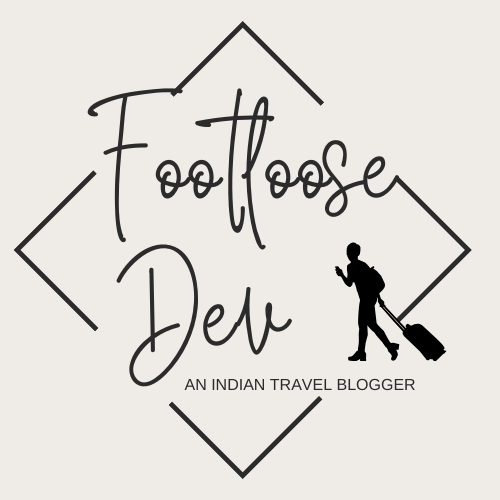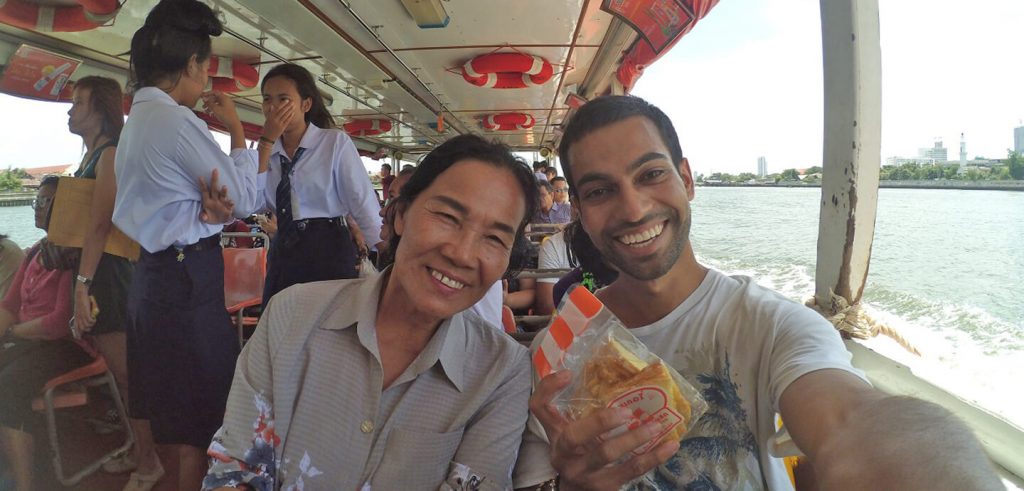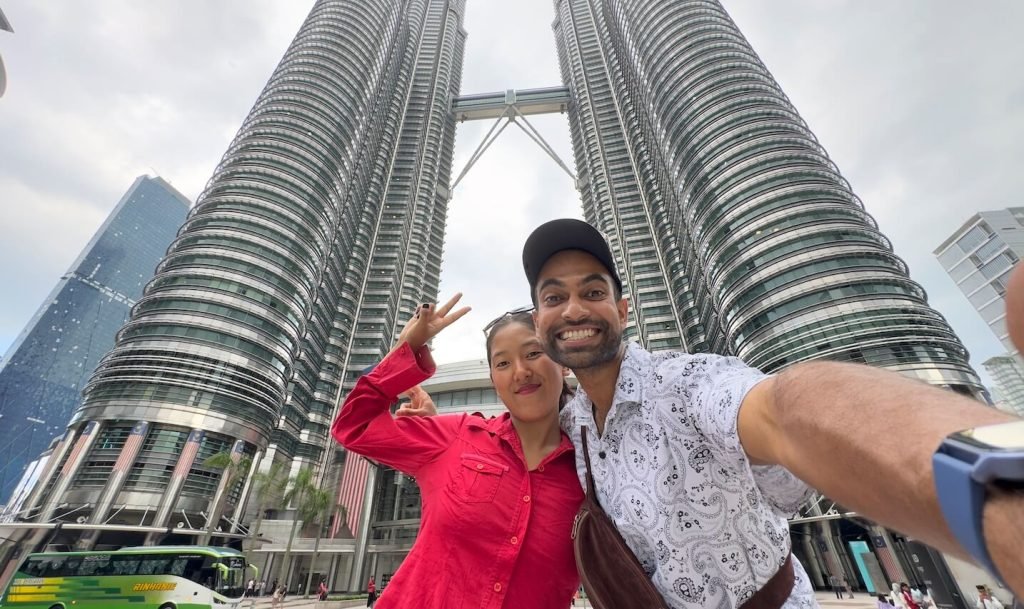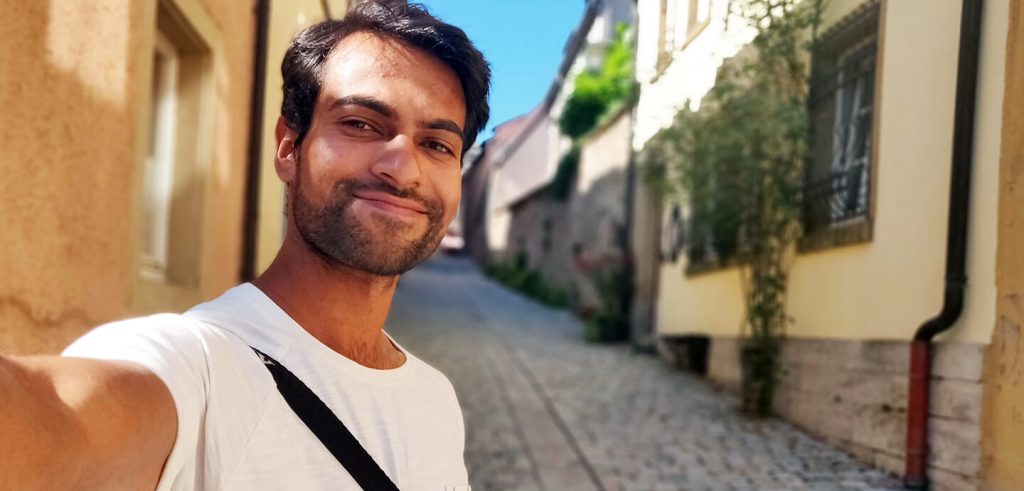I remember when I was leaving for my first solo trip I was doubtful more than ever. Would it be safe? Interesting? How will I make friends on the road? I had a million questions going through my mind. But out of all the doubt, one thing that bothered me the most was dealing with the language barrier!
Last week, a reader asked me on Facebook if the local languages can make his solo travelling in North India tough. He belonged from Kerala. In his words “Is language a barrier to travelling? I was planning to travel to the north of India next month but I don’t know Hindi. Can it be a problem? PS: I am travelling solo!”
“PS I am travelling solo” — his message ended with the most important part!
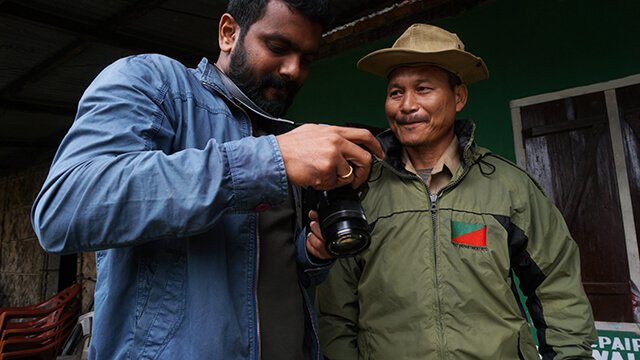
A solo traveller is always scared of travelling to places that speak a different language. I remember I didn’t travel to Bhutan — my first ever solo destination — until I mastered a few phrases in Dzongkha. But as I travelled a little more, I realised that language makes very little difference to our journey.
As long as you learn a few phrases in the local language of the place you’re travelling to, you are going to be absolutely fine!

Dealing With Language Barrier While Travelling
Learn A Few Phrases
Not only I am a solo traveller, but I am also someone who loves exploring new and offbeat places; places where the language is often totally alien to me. So learning a new language, right from scratch, is not a viable option.
However, learning a few basic phrases is indeed possible!
Phrases like Hello. How are you? How much is it? Thank you and Goodbye can make your journey a lot smoother. In addition to that, learn how to count in the local language. Don’t bother with the names of common food because you’re eventually going to recognise them, but numbers help you do a lot – particularly if you’re a backpacker.
All this can usually be mastered within a few days. Progressing from there, to a level where you can get around on a daily basis in the local language (ie. ask around for cheap hotels, make simple conversation about yourself with people you meet, go and bargain in the market) usually requires some effort, and you master that on your own.
So as I said, I don’t believe it’s ‘Important’ to speak a local language fluently, but I strongly recommend learning a few phrases. You can moreover impress locals so easily by saying a few words in their language. I can say please, thank you, hello and goodbye in around 20 different Indian languages, in addition to German, French, Thai, Khmer and Dzongkha, among others.
Be Street Smart
Go to a hotel: Look for the nearest lodging, preferably a big hotel, which might be most accustomed to dealing with international guests, and thus know a bit of English.
Find a tourist office: As with hotels, tourist offices are familiar with English to be able to interact with tourists. Though finding a tourist office in many countries is a tough task, if you can find one, it’s definitely going to help you a great deal. Most tourist offices also give free maps around the city.
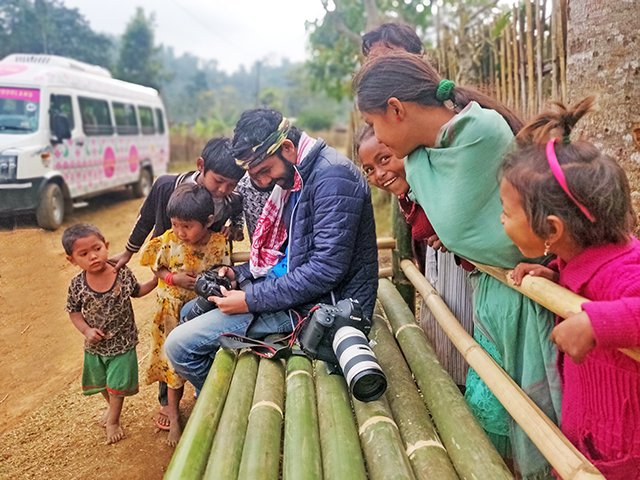
Look for young people: Reaching out to younger locals always helps. I’ve found that people in their 20s tend to be more likely to know English.
Sign it out: When nothing works, hand gestures, and head-wobbling can work to convey your message. They’re most effective when words fail. Though hand gestures common in your country may not make much sense to someone living on a different continent, there’s no harm in trying!
If you have a question or would like to connect, please find me on Instagram. You can also follow my YouTube channel for video updates.
